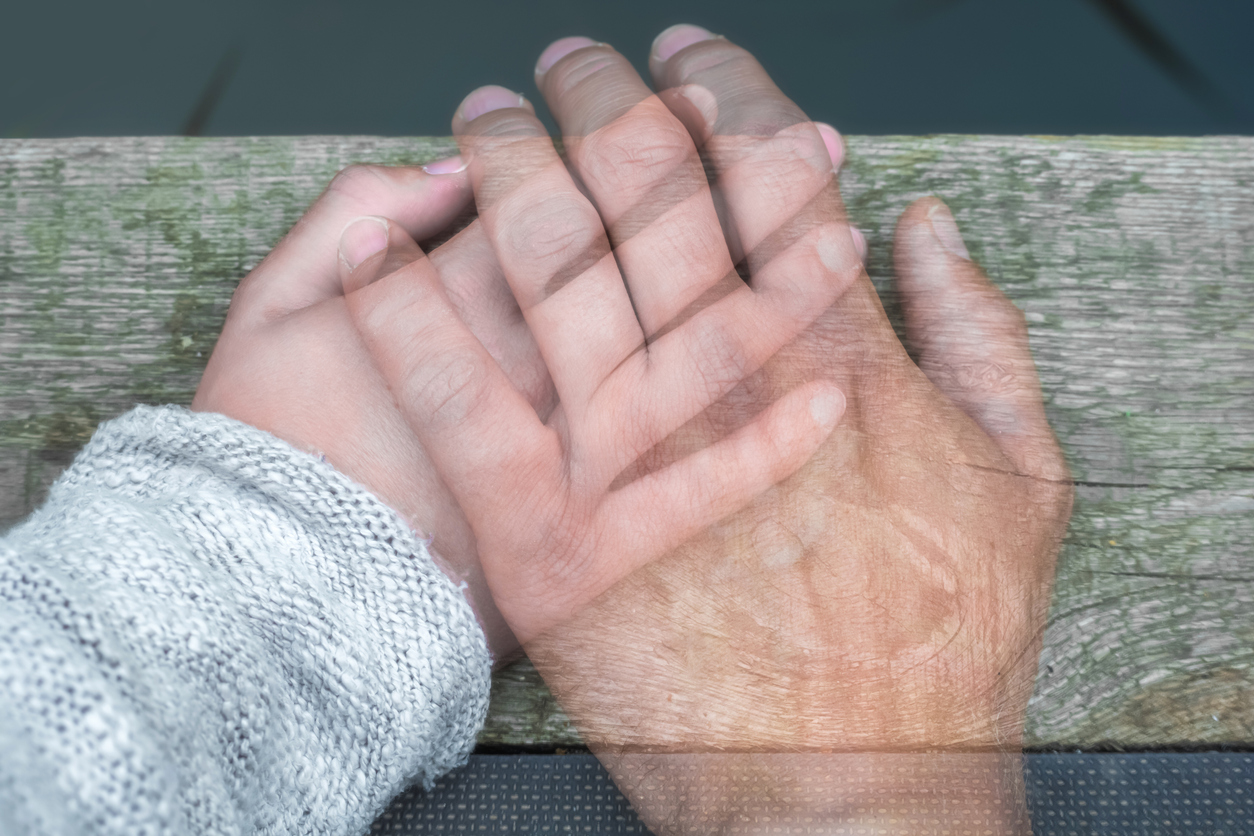By: Luisa Cortesi, SAPIENS
What Will Italy Become Without Its Elders?
The coronavirus has swept away a generation of wisdom-keepers, WWII survivors, storytellers, parents, and grandparents in Bergamo, Italy. An anthropologist mourns with her community—the hardest hit in the country—and asks all of us the most difficult questions of this pandemic.
Our elders are dying one by one, oak trees struck down by an acceleration of greed and skepticism. The generation that was raised in the angst of World War II is gone.
Coffins, too many to bury. Lined up at the Monumental Cemetery, in churches, in convoys in the streets around Borgo Palazzo—our elders, waiting to be turned back to ashes.
The crematorium fire never ceases burning, smoldering 24 hours a day. Crackling, it consumes bones, lace collars, mustaches, and memories.
Many rested their hopes on a tube down the throat and died in the painless emptiness of sedation. Many more were never reached by an ambulance and asphyxiated by lung exhaustion, rarefied oxygen, sheer solitude. Some couples, instead, chose to simply surrender life, together, at home and with each other.
To none of those remaining, the comfort of seeing their beloved one last time, of retaining the contour of their hands or the feel of their skin, of remembering. To none of us, the possibility of accompanying and saluting them, of accepting our loss.
Within the coffins is the wisdom of the place I come from, draped in a shroud saturated with disinfectant.
What will we be without our elders? A meadow exposed to every strong wind that blows, a mountain with an amputated peak where the snow cannot settle. How will we put the depth of the field back together? How will we build perspective again?
New bushes and shrubs, we have a shallow memory: Our bones don’t hold as yet the winter fog of the plains; we leave the crumbs on the tablecloth, certain of abundance, yet retain what is worth being forgotten; we do not recite the enchanted riddles of the tombola nor feel the need to know them. We have looser moorings, historically and ecologically, yet aren’t more supple in mind and spirit.
Dear Doctor, encumbered with the most atrocious of choices, I beg you: Do all you can to not remove the ventilator from our elders. In an old man is a grandchild who needs him in order to grow up well and wise. He is our dictionary, the village register, the fount of the stream that runs toward the village square and then out into the fields. In an old woman is a grandchild who needs her in order to grow up compassionate and large-spirited. She is the village school, the warmth of the evening soup, the promise that time will bring not only fragility but also its acceptance.
Our elders, taken away like the air this disease steals. What we will miss the most, once we emerge from this and start all over, is our elders, whose dedication is carved in everything we have to rebuild.
Dear Mayor, I implore you, bring back the ashes of those cremated elsewhere. Find a grassland to bury our loved ones here. Lay them to rest in our countryside, nella nostra campagna. We need our elders to return to the land that remains theirs if we want this land to continue to be ours.
When this pandemic ends, we’ll call the grassland where they are buried “the old folks’ field.” We’ll plant barley, red poppies, and oak trees. We’ll sit with our children in the sun and teach them our dialect, while we remember what happened in the spring of 2020. There, we will make the future grow again.
In my community, in the city and the province of Bergamo, Italy, we are witnessing the decimation of a whole generation by the novel coronavirus. We grieve, between anguish and guilt. And we ask how we can ensure that the significance of this generation will not be completely lost.
I originally wrote my lament on March 17 as a letter to Bergamo’s Mayor Giorgio Gori, recognizing the unfortunate and time-sensitive decisions his role is imposing on him, and offering a reflection on the loss of our community’s elders as well as a possible preparation for mourning and remembering.
Bergamo, in Lombardia, is the epicenter of the outbreak in Italy, followed closely by the neighboring provinces (equivalent to counties in the U.S.) of Brescia and Milan. The number of victims is impossible to calculate, with the only realistic estimate obtained by comparing the number of deceased in March 2020 with the same data from previous years. Bergamo, as a province, lost as many people as it would in six months (5,400 against 900 in 2019). A similar tragedy happened in the small communities around the city of Bergamo: San Pellegrino, 42 deceased in March 2020, and two in March 2019; San Giovanni Bianco, 41 this March, two last March.
In the city and in the province, both testing facilities and emergency transportation have been overwhelmed for a full month. The large majority of those who died, possibly 90 percent, passed away at home, slowly suffocating while waiting for an ambulance. Others, in particular couples who have been together for a long time, decided not to be separated: They did not even call an ambulance, resigned to wait for the end at home, hand in hand. Read the full article here.


